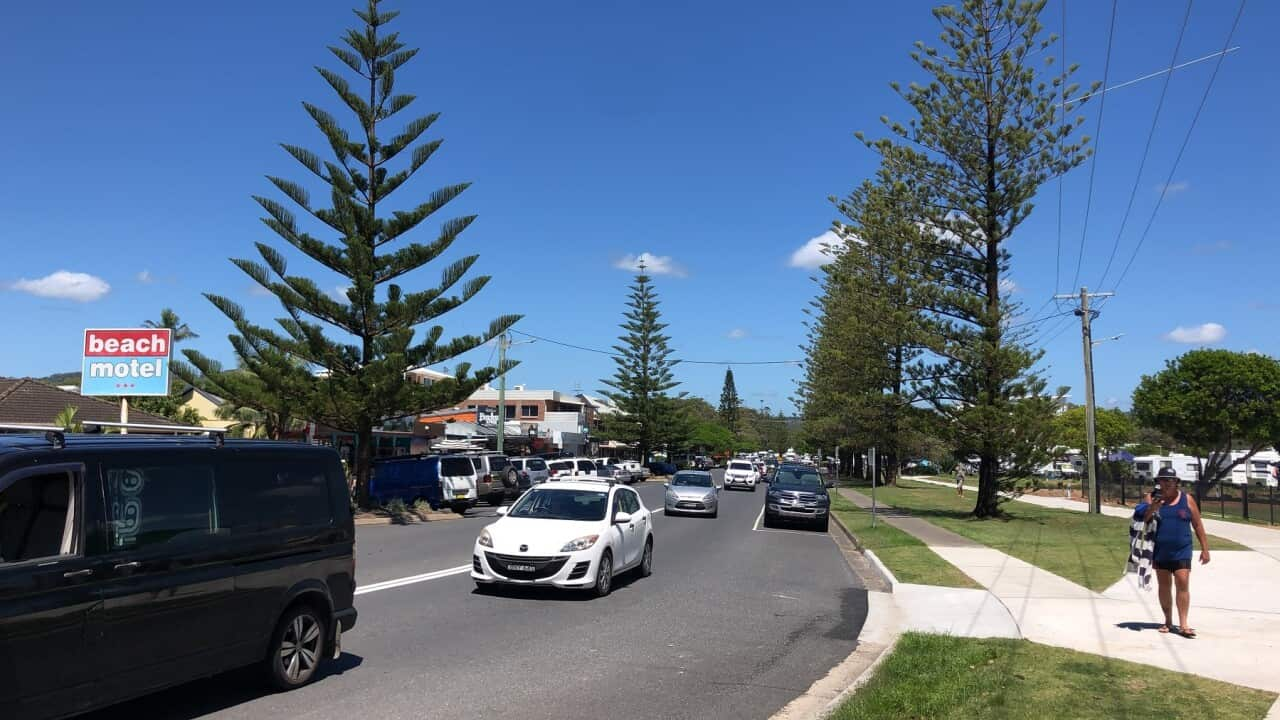TRANSCRIPT
It's been dubbed the regional renaissance...
"Our message is - that the move is on."
That's Liz Ritchie, the CEO of the Regional Australia Institute.
The R-A-I says a growing number of Australians are ditching city life - for a home among the gum trees - in the country.
Liz Ritchie says it's a transition fuelled - at least in part - by the rising cost of living.
"Consistently we know that affordability is a main driver but we also know that employment opportunities is also part of the reason. We've seen record jobs growth in our regions. In fact, three times in the last calendar year to 2022, three times the growth that our metropolitan areas have seen. So this job boom, as we call it, is very much a leading factor for our millennials."
The Regional Australia Institute says overseas born nationals and younger Aussies - aged 25 to 39 - are driving the trend.
Nat Anson, moved from Melbourne's South Yarra seven years ago - to Geelong - and says his future is decided.
"Absolutely permanent - we would never contemplate moving back to Melbourne. We were there for university and early parts of our careers but as soon as that decision's made and you realise the benefits that a place like Geelong can offer: you raise a family, let alone the schooling and the community that's here - we wouldn't think about moving back to metropolitan Melbourne."
The latest census data revealed more than 600,000 city dwellers abandoned the capitals in favour of regional living, over the past 5 years.
Sydney and Melbourne were the nation’s largest exporters to the regions - while Brisbane and Perth were the only states to report an inflow.
Experts say while COVID was a key catalyst - better living standards and reduced congestion were helping to cement the trend.
Nat Anson again:
"We are a few hundred metres from school, or a few hundred metres from the supermarket, from coffee, shops and the like. A few hundred metres from the Barwon river, which is a beautiful parkland area. I ride my bike less than 10 minutes to work in the central city, and from a convenience standpoint and movablility standpoint within the city - it's fantastic."
But as the population grows - Liz Ritchie from R-A-I says more infrastructure is needed.
"We need more houses, we need more mixed dwelling in our houses, so we need more town houses, we need more apartments. Again it's about choice. These millennials don't necessarily want a half-acre block, they're not always interested in gardening at weekends, we know this about them. So that's a big... it is a challenge."
Economists like Professor David Orsmond from Macquarie University say this kind of competitive tension between the regions and cities is good for the nation.
"The more we have local governments, both in the regional areas and the decision makers in the cities thinking about what makes them attractive to move between - the better it will be for the people that do make the move but also for the existing citizens in that area. That sort of competitive tension leads to an improvement in everyone's standard of living and frankly it also broadens out the economic base."
And it seems a growing number of Australians will soon find that out - first hand.













